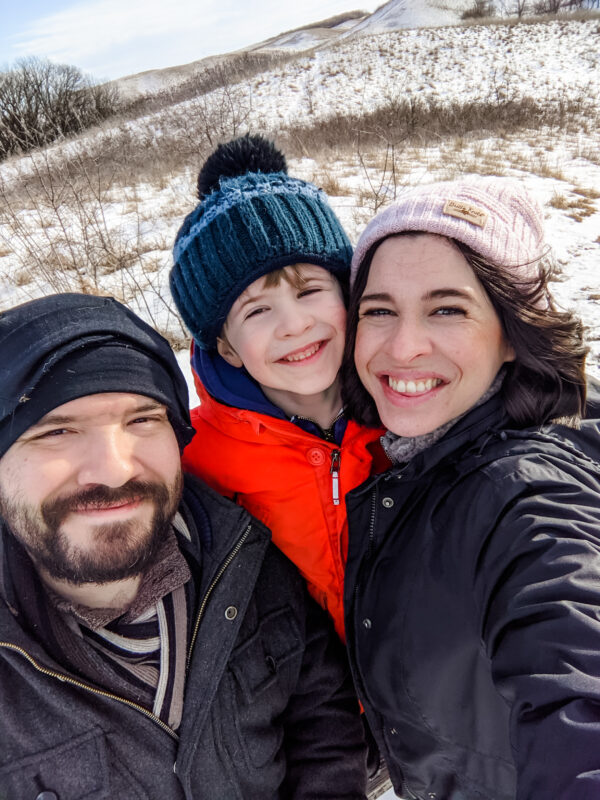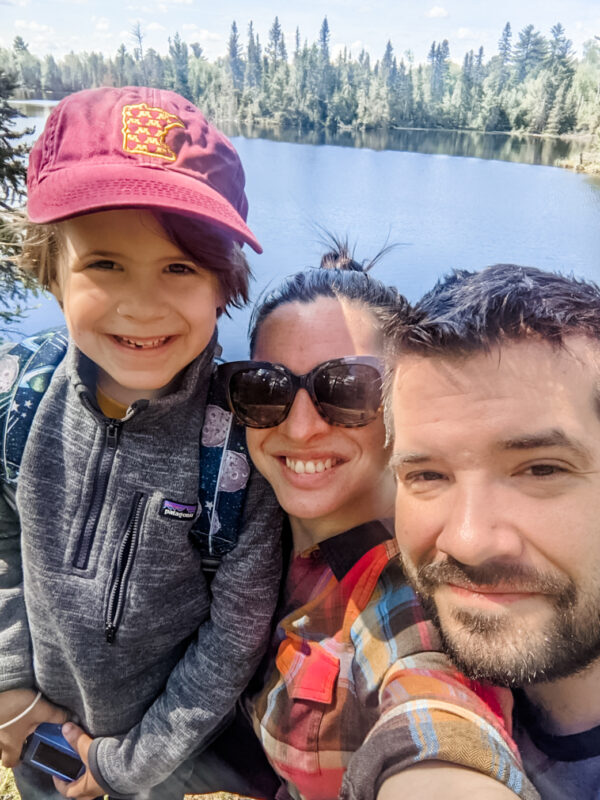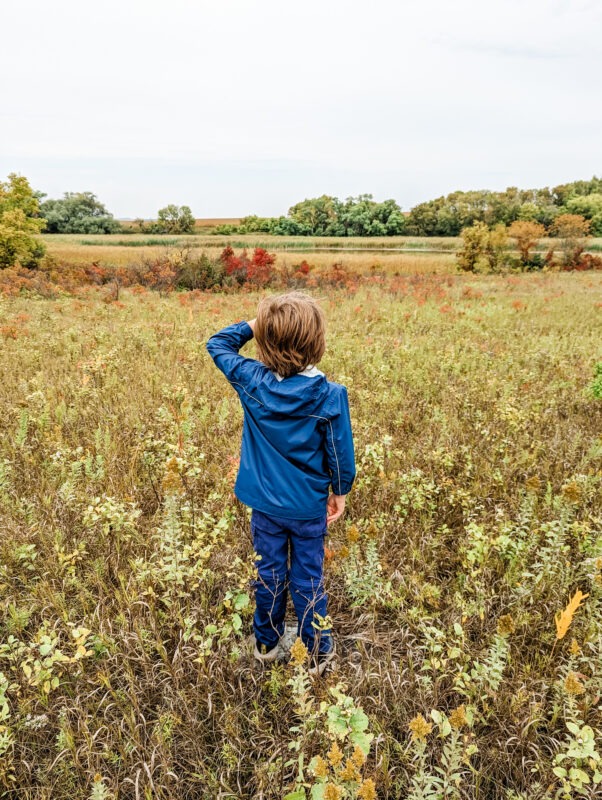
Jenna Ray is the Deputy Executive Director of Community Impact at GiveMN where she is leading the way to increase confidence across our state’s nonprofit sector. Since joining the team in 2022 Jenna has named and reframed the norms and aligned programs to build programming across GiveMN. Jenna has a B.A. of English, Theatre Arts, and Multicultural Studies from the University of Minnesota Morris and is going back to school to get her MA in Organizational Leadership from St. Catherine University.
We are excited that Jenna Ray is part of Upstream’s Board of Advisors.
What inspired you to pivot from communications to overseeing the leading giving website in MN?
I tend to think of my career as more of an evolution than a pivot. That evolution’s been driven almost exclusively by love. I started working in communications because I loved storytelling, and I loved an organization that had a great story to tell. While I was there I got to share lots of different kinds of stories in lots of different formats and contexts. The place where I felt my deepest drive, my profound and sacred purpose, was in philanthropy and fundraising. I did my best work, and found my greatest joy, when I was connecting generous people to the issues about which they cared most. Which makes sense, because philanthropy simply means “love of people.” That love led me to my next, more focused fundraising job at a rural community foundation, which then led me to GiveMN, where I get to help tens of thousands of folks demonstrate their love of people and place, one donation and ask at a time. Talk about loving where you live!
What springboarded your interest in being a better steward of Minnesota’s natural places?
I grew up in Bismarck, North Dakota, but my dad is from New Ulm, so I spent hours of my childhood falling in love with Minnesota’s natural places through the window of my dad’s Jeep Grand Cherokee on long drives across the state. We spent as much time as we could at the lakes in the summer, listening to loons cry while the sun fell low and golden over the lapping waves. My dad gardened at home, too, and was an avid hunter (still is), so I saw him model good stewardship practices from the time I was very young. Becoming a parent gave me a deeper sense of commitment and urgency when it came to caring for our natural places and everyone who has a connection to them. It gave me a clear understanding of how special our ecosystems are—not only outdoors but also in terms of our shared culture—and how great a responsibility we have to honor our waters, woods, and fields as well as one another.

What brought you to Upstream?
A trusted friend and relative told me I had something to offer and that I belonged at the table he was building for this work. Over time I’ve learned that, when someone really smart tells you there’s a conversation that needs your voice, a room in which you need to be, it’s best to show up.
What have you learned about Minnesotans through joining Upstream?
There’s more that unites us than divides. We’re unwavering fans of the North Shore and wow, do we love our state—both the people and the place that make up what we’ve come to understand as Minnesota.
How do you ensure every Minnesota has a voice?
For me the question is “How do you ensure every Minnesotan’s voice is heard?” and that starts with listening, understanding, being present, getting on the road and into shared spaces. We all need to come to conversations with a desire to learn and a divine curiosity about what’s driving whoever is sitting across from you—not just something to say or get off your chest. It also requires a little bit of courage, the ability to hold multiple truths at once, and to get comfortable sitting in ambiguity, maybe even disagreement, trusting that we can get to the other side safely if we hold tight to our shared values and culture of care. Before you can do any of that, you have to love Minnesotans and trust Minnesotans—as individuals and a collective—which, it turns out, most of us do.
What advice do you have for parents to be better stewards on behalf of their children?
Start small, both in terms of your actions and your kiddos. Getting children outdoors from the time they’re young builds the habit for all of us, centers wonder and reminds us that we’re a small part of the landscape, situated right in the middle of it.
When it comes to stewardship, I believe the best stewardship is the stewardship you’re willing to do, not the version that someone else defines for you. So find the actions that work for you and your family and invite your children to make those choices and to try new things. Take it one day at a time, focus on process, not perfection, and have fun getting muddy and creative with those little ones, whether you’re planting seeds in the ground or picking plastic out of the river, or flexing your purchasing power!
How do you think being outdoors helps our mental & physical health? 
There’s tons of data and evidence to support the idea that getting outside is good for us. It’s good for cardiovascular health, mood, and connection, which is an important social determinant of well-being. I’m a runner, and I feel that every time I get out on the trail. As an Indigenous person, I also understand the connection to the Earth and our natural rhythms as good medicine that helps us to live in balance. So, from all of the ways I know the world, I do not doubt that being outdoors is good for me, body, mind, heart, and soul, and getting outdoors together is even better.
What’s your favorite outdoor place in Minnesota?
Glacial Lakes State Park, outside of Starbuck. It’s the first place I ever went camping, and the first place my son ever hiked.
What’s Your Upstream Story?
We share stories of stewardship written by and about Minnesotans like you! Share your story here.